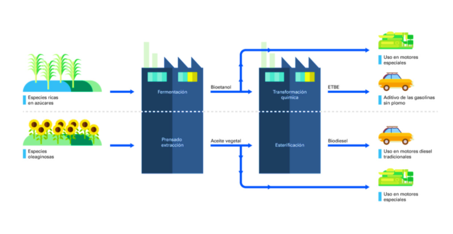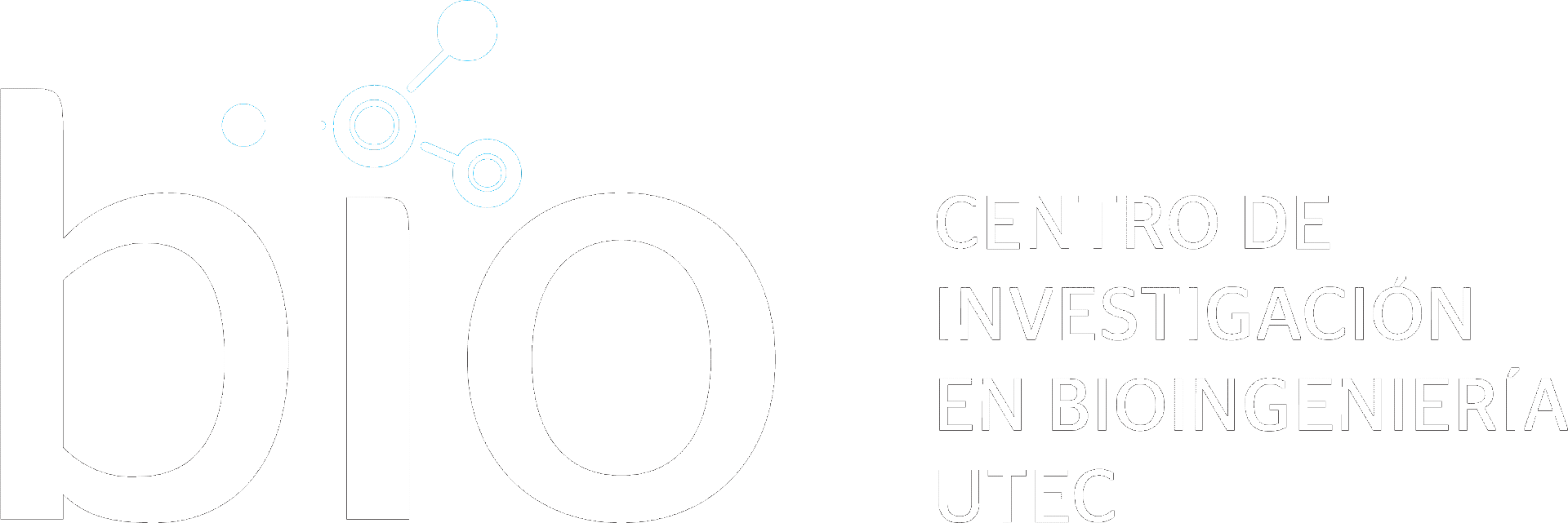
Full Time Professor – Bioengineering Department
In 2019, Google announced that quantum supremacy was achieved. Its quantum computer spent 3 minutes and 20 seconds in calculations that a supercomputer would solve in 10 000 years. This result catapulted quantum computing from academic curiosity to the realm of practical applications.
Quantum computing is defined as the treatment of information using the principles of superposition and entanglement, observed in atomic and subatomic particles. In quantum mechanics, particles or quantum systems can exist in many states simultaneously. All the states collapse into one when they are observed (measured). Quantum entanglement is the connection or correlation between two particles or quantum systems regardless of the distance between them. Albert Einstein called this phenomenon “spooky action at a distance”.
Classic computers, like the ones used in our homes and offices, use bits to perform operations and they can take only 0 or. On the other hand, quantum computers use qubits -quantum bits- and they can be 0 or 1 concurrently. This simultaneity of states allows that with 60 qubits, the machine can explore 2^60 states at once. Conversely, classic computers visit only one state per unit time. Unlike bits, qubits can be entangled, allowing the use of efficient algorithms and the possibility of sending information with less resources. Moreover, quantum computers eliminate the problem of electrons “leaking” within and between nanometric components -due to the “tunnel effect”- inside modern microchips. However, quantum computers are extremely sensitive and need to operate in vacuum at a temperatura close to the absolute zero (-273.15 ⁰C). To achieve cryogenic temperaturas, liquid helium is used. These conditions avoid the collision of atoms or interactions with the surroundings that promote the loss or corruption of information.
Currently, quantum computers are not available for common use. These marvelous machines are found in big and powerful corporations or scientific environments. Por example, Cleveland Clinic, one of the strategic partners of UTEC, and IBM are collaborating in the construction and operation of a 1000+- qubit quantum computer. This one will be used in different areas such as genomics, transcriptomics, human health, drug discovery, etc. This initiative is part of a $500 million-project funded by the State of Ohio and Cleveland Clinic.
IBM is not the only player in the quantum race, Google, Microsoft, D-wave Systems among others are currently working, and competing, in quantum computing. According to many, quantum computers will impact not only our science and technology but also our lives in the near future, so let us be prepared!
https://www.nature.com/articles/d41586-019-03213-z
https://www.ibm.com/quantum/systems
https://www.mckinsey.com/featured-insights/the-rise-of-quantum-computing




